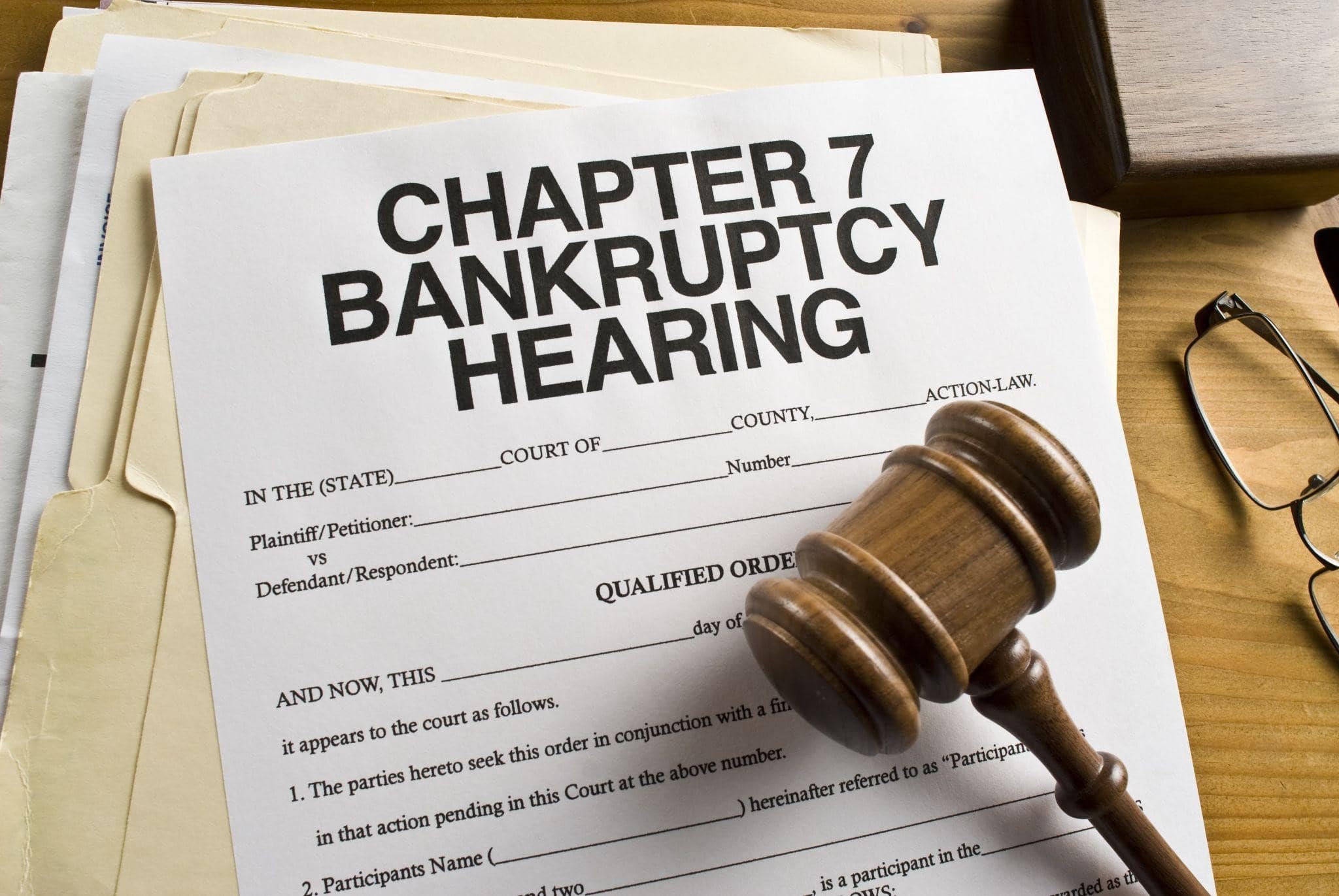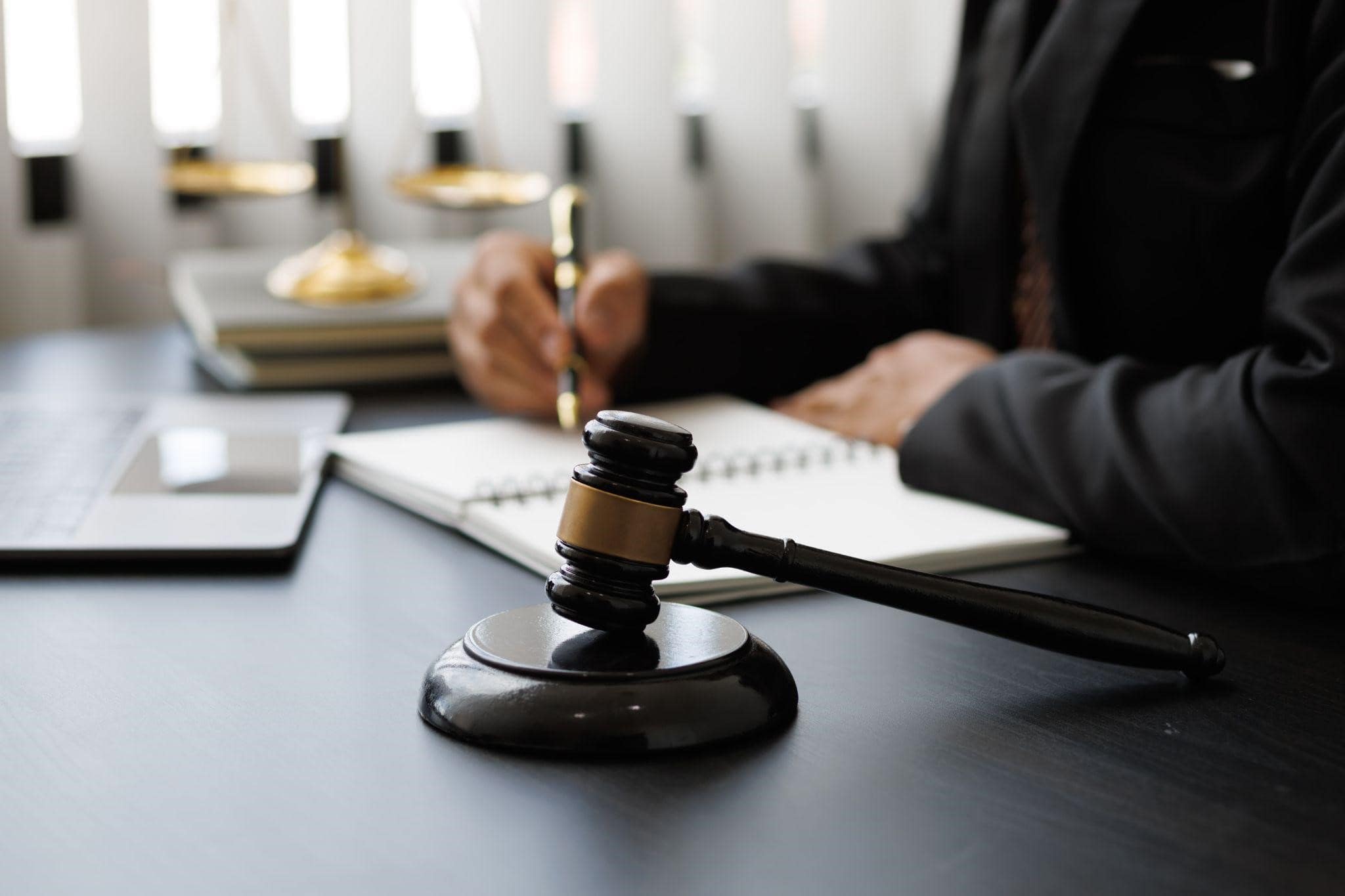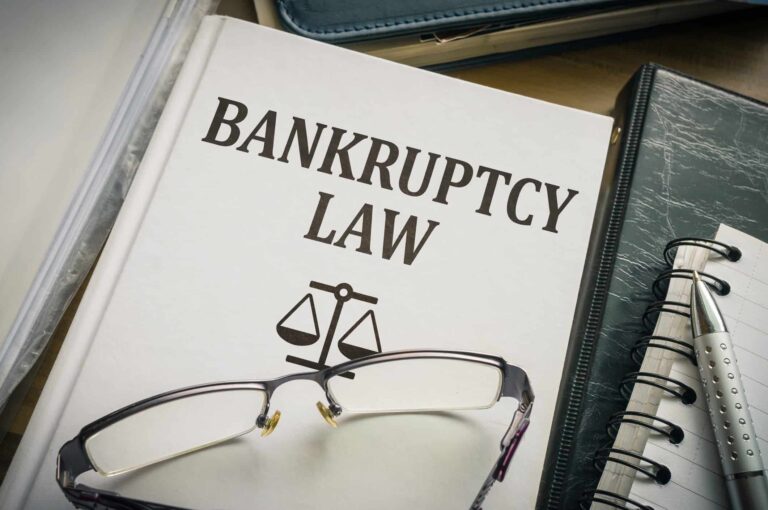Can Your Bankruptcy Discharge Be Revoked?

Upon completion of a successful bankruptcy case, you will receive a discharge stating that you are no longer responsible for the debt you owed to your creditors. In most cases, a bankruptcy discharge is permanent.
However, there are rare instances where the discharge can be revoked, which means that creditors may resume pursuing a debtor for money. Therefore, it is understandable that you could have concerns or wonder can a bankruptcy discharge be revoked and why.
Here we will review the various reasons why a Chapter 7 or Chapter 13 bankruptcy discharge can be revoked and what happens once the request goes to court.
Are you struggling financially and in over your head on debts? Request a free consultation with our Las Vegas bankruptcy law firm to see if bankruptcy could be the relief you need.
What is a discharge in bankruptcy?
A discharge in bankruptcy is a release by the bankruptcy court for liability for dischargeable debts. In other words, you are no longer legally required to make payments on any debts discharged through bankruptcy. In most cases, the discharge order received by the court is permanent, meaning creditors, including collection agencies, can no longer utilize any form of debt collection.
This does not apply to any debts that were renegotiated during the proceeding, such as a mortgage or car loan, where you retained the secured asset. As such, you are still responsible for paying these debts.
Who can ask the bankruptcy court to revoke your discharge?
Only an interested party in the bankruptcy proceedings can request the court to revoke your discharge. This request will usually be submitted by:
- Your Creditors
- Your Bankruptcy Trustee
- The United States Bankruptcy Trustee
What are the reasons for revoking a discharge in a bankruptcy?
There are different reasons why an interested party could request for a revocation of your discharge that can vary depending on whether you filed Chapter 7 or Chapter 13 bankruptcy.
Chapter 7 Bankruptcy

For a Chapter 7 bankruptcy discharge to be revoked, the trustee, creditors, or the United States trustee must be able to show one of the following:
- You refused to obey court orders.
- You failed to produce required documents during your audit or did not explain a material misstatement.
- You acquired assets that would be considered property of the bankruptcy estate and did not disclose this to the court or trustee.
- You fraudulently obtained your discharge, and the involved parties did not discover it until after your discharge was issued.
Chapter 13 Bankruptcy
If you received a Chapter 13 discharge, it can only be revoked if a party of interest can show that you filed fraudulently and that this fraud was not discovered until after the discharge was granted. How exactly is bankruptcy fraud defined?
For Chapter 13 bankruptcy, fraudulent activity includes lying on your bankruptcy petition, failing to disclose all sources of income, or hiding assets. If any of these acts are uncovered under a revocation request, you could lose more than just your discharge.
Bankruptcy courts have the power to seek criminal prosecution and asset forfeiture. The best way to avoid this is to be completely honest and thorough on all bankruptcy papers. Hiring a bankruptcy attorney can ensure that you do not mistakenly omit important information and risk being subjected to fraud charges.
What are the time limits for revoking a discharge?
Generally, requests for revocation must be sent to the court within one year of discharge.
Chapter 7 Bankruptcy
For Chapter 7 bankruptcy cases where you committed bankruptcy fraud, the request must be submitted within one year after the court granted the discharge. If you hid assets or did not adhere to court orders, the request for revoking a discharge must be filed within one year of the discharge or the date the case is closed, whichever date is later.
Chapter 13 Bankruptcy
For Chapter 13 bankruptcy, the request to revoke a discharge must be received within one year from the discharge date. To avoid discharge revocation, it is critical that you be honest and completely disclose all required information on your filing paperwork.
What happens when an interested party files a petition to revoke my bankruptcy?
The process to revoke your discharge starts when a creditor or trustee uncovers fraud or hidden assets and files a complaint with the court. In this complaint, the cause must be convincingly shown.
Following the filing of this complaint, you will receive a notification and be given a chance to oppose it during a court hearing. At this hearing, both you and the complainant party will present evidence and arguments.
At the end of the hearing, the court determines whether there is sufficient cause (see above for reasons of revocation) to revoke your discharge and whether additional penalties must be levied.
When your discharge is revoked, your debts will be reactivated. Creditors, even those not involved in the complaint, will be free again to pursue the money owed to them.
Due to the complexities of a petition for revocation of discharge for a bankruptcy, your best bet is to hire an attorney specializing in bankruptcy. Your attorney will be able to guide you through the entire process and verify that you have not missed any assets, made false statements on your filing, or otherwise committed fraud.
What happens when your discharge is revoked?
Should the court determine the grounds for one of the revocation causes was valid, your bankruptcy is undone. Essentially, you would be starting over and will once again be responsible for all debts you initially filed in the bankruptcy proceeding.
Can I refile my bankruptcy after it is revoked?

As long as the court did not issue a court order prohibiting you from refiling bankruptcy or requiring you to wait a specific period before refiling, you are free to file again as soon as possible. There is no law against you from filing a new bankruptcy proceeding.
However, you must ensure that you have resolved all issues for the revocation of discharge before filing again. In addition, you want to be cautious about fully disclosing all information, records, and other crucial details to avoid another revocation.
If you have received notice of a revocation petition or want to file bankruptcy in Las Vegas, and would like to speak to an experienced bankruptcy attorney, contact DeLuca & Associates at (702) 707-7064 to request a free consultation.
Contact a Las Vegas bankruptcy attorney today. Schedule your free consultation now.
Sources:
Discharge in Bankruptcy – Bankruptcy Basics.
11 U.S.C. § 727. (2020).
9 J.M.. § 41.000. (2018).






